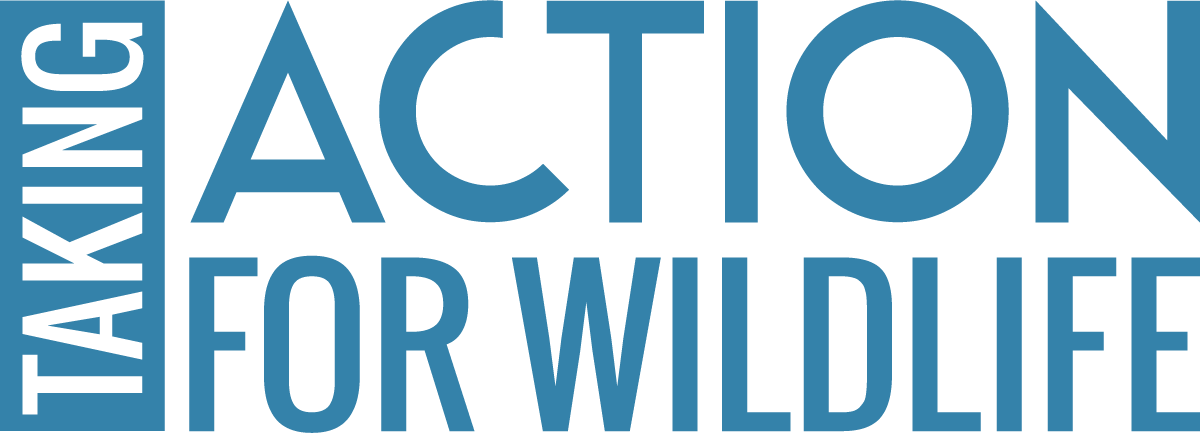Climate change poses a number of threats to wildlife - from shifting habitat suitability as temperatures rise to increasing disturbances from more intense storms, habitat loss due to sea-level rise, and more. Different species will have different abilities to adapt or respond to climate change, resulting in changes to the relationships between species. Fortunately, there are a variety of things we can do to help protect wildlife and habitats in a changing climate.
- NH State of the Birds report (NH Audubon)
- Climate Change Bird Atlas (US Forest Service)
- Climate Change and Severe Weather (NH Wildlife Action Plan Chapter 4; 12 pages)
- Corridors and Climate: Planning for Regional Species Flow
Lakes Region Climate-Inclusive Conservation Plan Looks Beyond Borders - Warming Waters - Implications for Invasive Species in the Northeast (Northeast Regional Invasive Species and Climate Change Management Challenge)
- Preparing for Sleeper Species - Climate Change Could Awaken Some Naturalized Species (Northeast Regional Invasive Species and Climate Change Management Challenge)
- Land Trust Alliance: Conservation in a Changing Climate
- The Nature Conservancy's Resilient and Connected Lands Data and Reports
- NH Wildlife Corridors - Report and Maps
- NH Wildlife Action Plan Maps
- Nature’s Network
- Adaptation Workbook - available for forests, urban forests, and agriculture; coming soon for wildlife
- Forest Carbon: An essential natural solution for climate change
- NH Stream Crossing Initiative
- New Hampshire Aquatic Restoration Mapper
- Buffer Options for the Bay website
- 5 Ways Communities can Protect Wildlife in a Changing Climate (2 pages)
- What Conservation Commissions Can Do To Protect Natural Resources in a Changing Climate (2 pages)
- 5 Ways Conservation Commissions can Protect Coastal Land and Water Resources in a Changing Climate (2 pages)
- Resources to Help Communicate Effectively about Climate Change
- Actions for Wildlife in a Changing Climate, Workshop Archive: December 7, 2018
- Embracing Change: Adapting Conservation Approaches to Address a Changing Climate – Wildlife Conservation Society report
- 14 Solutions to Problems Climate Change Poses for Conservation – Wildlife Conservation Society report
- NH Coastal Adaptation Workgroup
- Upper Valley Adaptation Workgroup
- Moose Mountains Regional Greenways' Conservation Action Plan, which has a section on climate change and connectivity
- Pelham’s Merriam Farm Forest Management Plan, which incorporates climate information
- Town of Barrington Natural Resources Inventory
- Town of Rye Natural Resources Inventory
Questions about wildlife and climate change? Contact:
- Lisa Wise, Climate Adaptation Program Manager, NH Sea Grant Extension: Lisa.Wise@unh.edu, (603) 862-2356.
- Haley Andreozzi, Wildlife Conservation State Specialist, UNH Extension: Haley.Andreozzi@unh.edu, (603) 609-0927.


